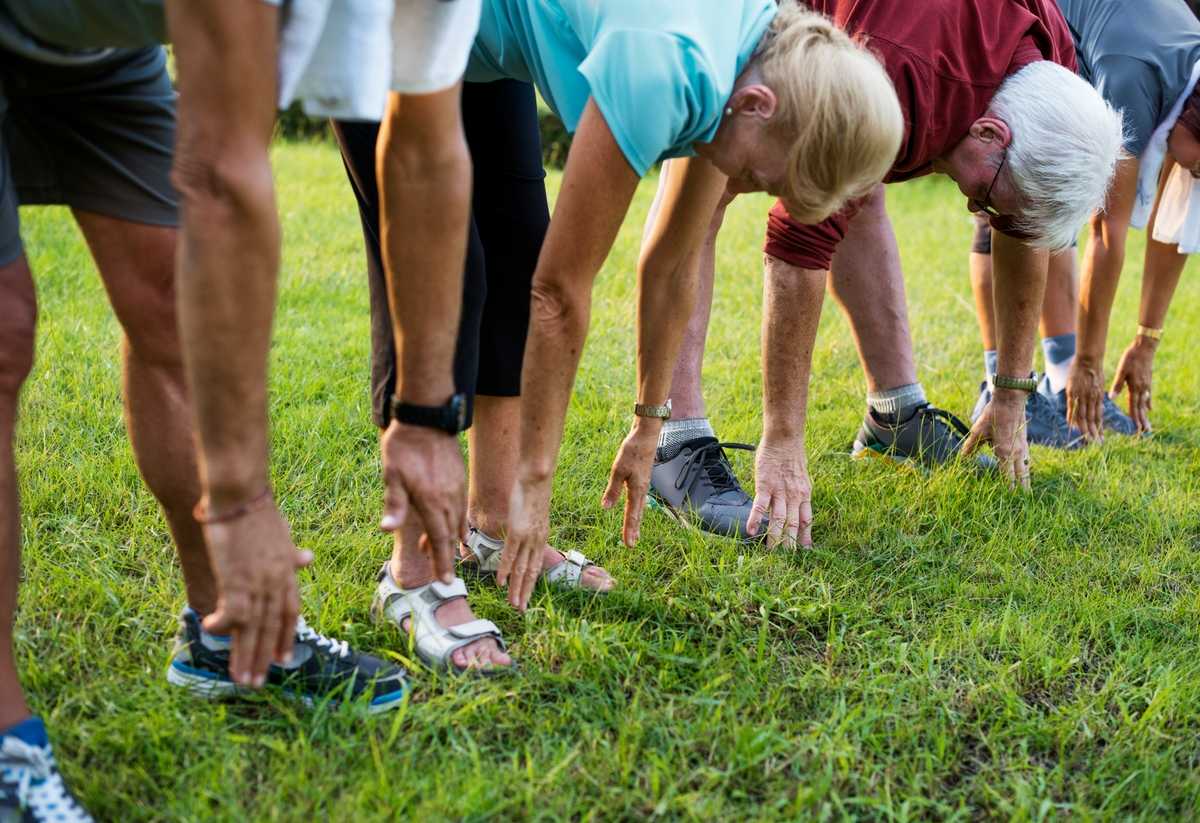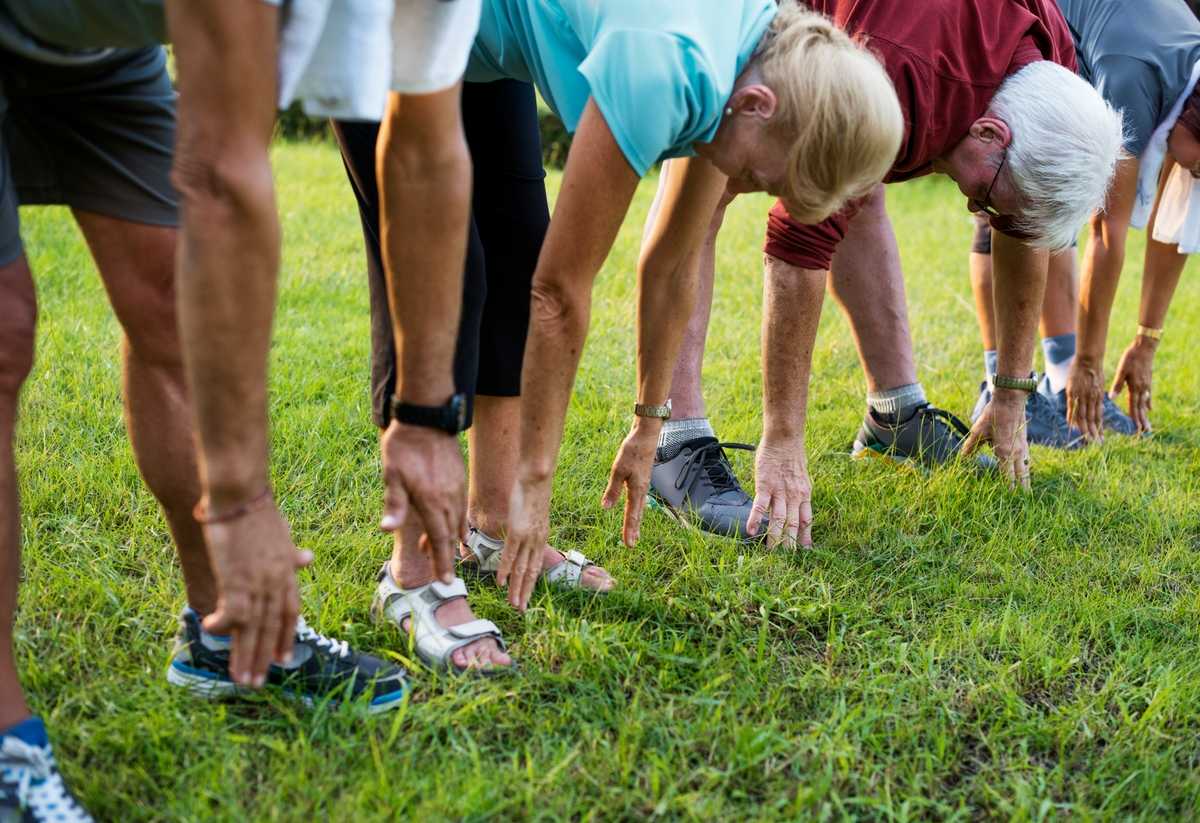in Active Ageing, Mental Health by Exercise Right
As we age, we are faced with many new challenges in life (both physical and mental!). Our bodies and minds ageing can lead to an increase in levels of stress and anxiety, which in turn can take a toll not only on our physical health but also our mental health.
Some common challenges among older Australians can be:
- Grief or loss of a loved one
- Loss of independence
- Financial stress
- Changing living arrangements and increasing social isolation
- Increase in chronic illness or injuries
- Memory impairments
These challenges can contribute to a feeling of anxiety or depression, and these mental conditions have been shown to increase our risks of chronic health conditions, such as type 2 diabetes or cardiovascular disease and decrease our physical activity levels.
Being mentally healthy is important, not just so you can get through the day, but so you can maintain healthy relationships with others and appreciate life to the full.
How can exercise help with senior’s mental health
Everyone knows how important exercise is for physical health, but regular exercise has also been proven to be great way to help improve your mental health as well.
Exercise is now listed as a recommended part of treatment in the Royal Australian and New Zealand College of Psychiatrists clinical practice guidelines!
Exercise can help to:
- Boost feel good chemicals in the brain (endorphins and serotonin)
- Reduce stress and anxiety
- Increase social interaction
- Bring routine and consistency
- Improve cognition and memory
- Improve sleep quality
- Improve self confidence
- Decrease risk of chronic diseases
- Decrease symptoms of depression
Sold on the benefits but not sure where to start? Perhaps it’s time to get some help from an expert…

How working with an Exercise Physiologist can improve mental health
Seeking guidance from an Accredited Exercise Physiologist (AEP) is a great start. AEPs can tailor a plan suited to your individual needs, ability and current motivation level, and address any mental barriers that are keeping you from exercising.
AEPs are the experts in delivering a personalised program, including behavioural coaching, health education, exercise counselling and physical rehabilitation.
With a vast knowledge of behavioural therapies coupled with our extensive knowledge of exercise and the body, you can bet an AEP will develop strategies to support improved independence, feelings of wellbeing and healthy habits that keep your later years feeling bright and strong as your 20s!
Tips from an exercise physiologist
It’s time to get social with your exercise!
The best kind of physical activity to support your feeling of well-being is the kind you enjoy doing. Like many things in life, it can also be more fun when shared with others!
Group classes or groups within a gym setting are a great choice for keeping the spring in your step and the zeal for life bright as we age. You can catch up with old friends, make new ones and continue to develop teamwork and communication skills (keeping the mind sharp).
Groups serve as an opportunity to be more expressive in a socially connected space and help you forge bonds with other people experiencing similar life circumstances.
Exercising alone can be tedious, but when in a group, there is social motivation to push on – and who doesn’t like a little competition too!
Anything is better than nothing
The best advice any exercise physiologist would give you as a senior would be that any exercise is better than none when it comes to improving you physically and mental health.
Even a walk around the garden to begin with can boost your feelings of happiness, productivity, and focus! Exercise truly is medicine, so find your local gym or community exercise classes and start moving those blues away.
Getting the right advice
READ MORE LIKE THIS,


